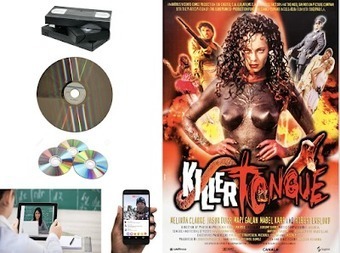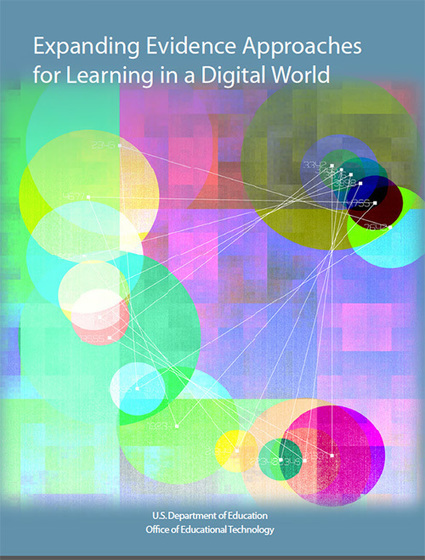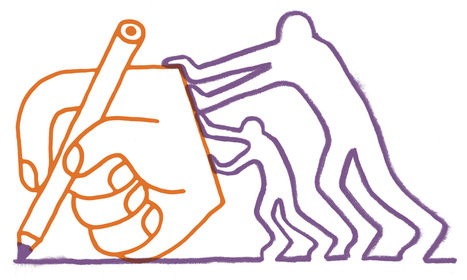Video for learning is great at some things, not so great at others. Some time back I attended a session on video for learning and found that neither the commissioners nor the video production company had looked at a single piece of research on video and learning. They told us that people loved the work and since then I’ve seen a lot of 'Netflix for learning’ delivery. That’s fine but let’s step back a minute..What I didn’t see was much evidence that people were actually ‘learning’ much. I have been involved in video production for 35 years, from corporate videos delivered on VHS cassettes, interactive videos on Laservision (in many ways way beyond what we currently see), CD-ROMs and now streamed. We even made a feature film The Killer Tongue – lost a pile of money on that one and lesson learnt.
Video is great for emotional impact and so attitudinal shift, showing processes and procedures, moving objects, going inside things down to the micro-level or to places we can’t get to like space or the inside of a nuclear reactor. It can also present people, talking to you. But what works best for LEARNING? The evidence shows that many of the things we do in video are just plain wrong. There’s decades of research on the subject, that mostly remains unread and unloved. For a good summary, read Brahme (2016). So let’s surface a few of these evidence-based pointers.
Research and publish the best content.
Get Started for FREE
Sign up with Facebook Sign up with X
I don't have a Facebook or a X account
Already have an account: Login
Literacy in a digital education world and peripheral issues.
Curated by
Elizabeth E Charles
 Your new post is loading... Your new post is loading...
 Your new post is loading... Your new post is loading...

Cultus's comment,
November 13, 2013 3:43 PM
Good primary source of information if you are looking for research into online learning. Visit our page http://www.onlinecultus.com/ and learn more about online learning.
robyns tut's curator insight,
November 26, 2013 8:45 AM
I understand that this may be an average, however I hope that it is kept in mund that this is not true for many students. I for one have to print out my online notes in order to use them to the best of my ability. Also, even if this is true, I believe that face- to - interaction is being lost in this technological age. but it is still as important as it has always been and that needs to be remembered - Justine Pearce |
|















